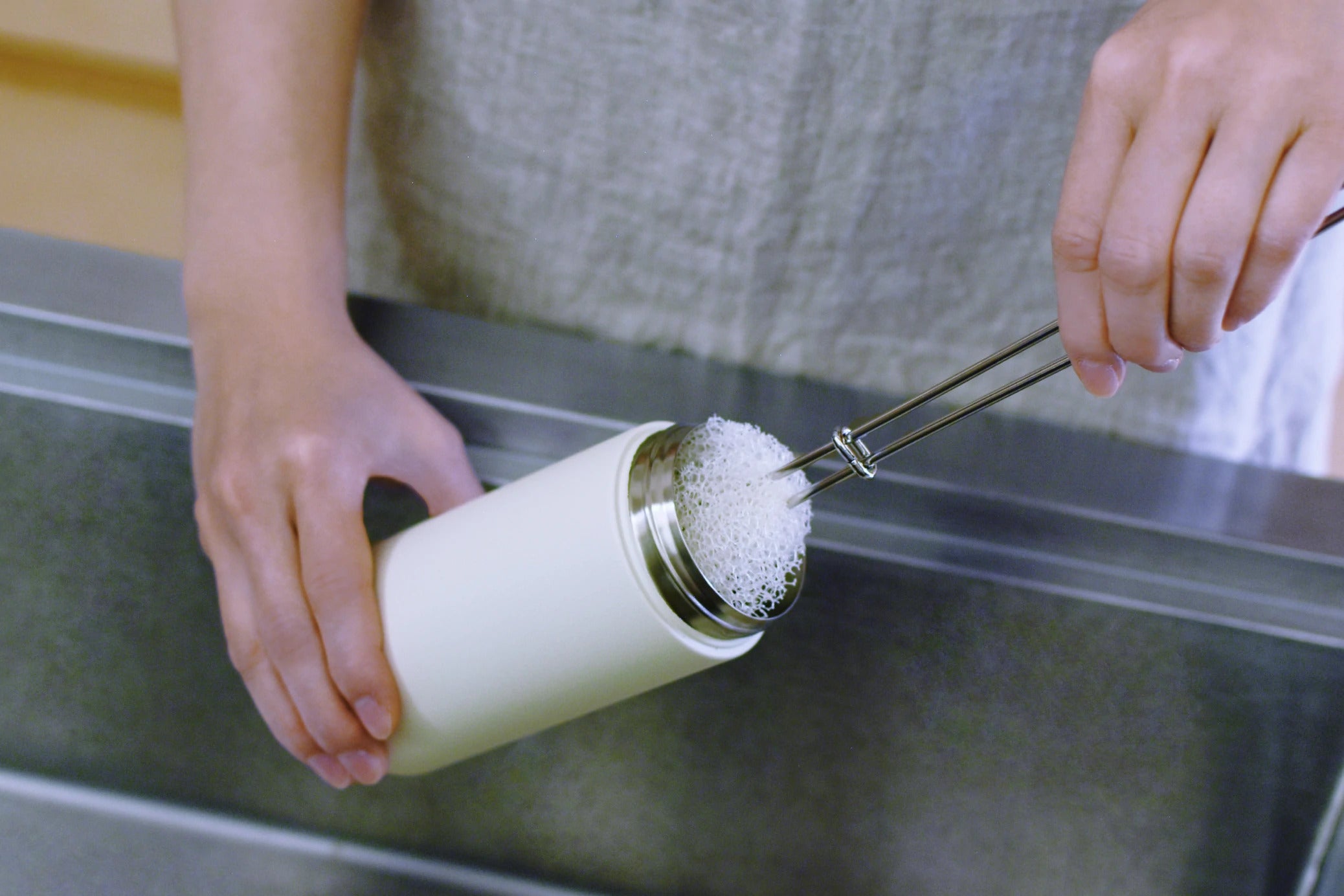
How To Clean Your Stainless Steel Tumbler
The stainless steel tumbler product offering is a must-have item for convenient sipping of hot liquids like coffee on your daily stroll or on your way to work, thanks to a specifically designed press-in cover. When compared to single-use plastic, the non-toxic stainless steel and BPA-free lids and straws are secure and healthful hydration solutions. It's not only better for your health, but it also helps the environment for future generations by reducing plastic trash.
But did you know that if not properly cared for, a stainless steel tumbler can rust? A dirty tumbler, like any other reusable food or beverage container, can harbor hazardous bacteria that can make you sick. To avoid the unpleasant symptoms of E. Coli and other germs that can proliferate in tight corners, health experts advocate cleaning every day with antibacterial soap.
Here, NewEleven has highlighted the best techniques to clean your stainless steel tumbler. Both on a regular basis and for those occasions when you need a deep, sanitizing clean to ensure your tumbler is totally immaculate.

BEST TECHNIQUES TO CLEAN YOUR STAINLESS STEEL TUMBLER
Wash In A Dishwasher

Simply separate your tumbler and lid and place them both on the countertop of your dishwasher for a quick and easy clean.
If you're drinking a hot coffee or tea from your stainless steel tumbler, give it a quick clean as soon as you can after you've finished. It will be much easier to wash without having to scrub if you have a quick rinse-out.
When you rinse out your spill-proof lid after drinking something like syrup, milk, or cream, pay careful attention to the moving slider component. If you give your sipper lid a good washing while the residue is still fresh, you'll get rid of any dry stickiness that can build up between the sliding mechanism. As well as any sour-smelling aroma from dried milk left in the seals.
Hand Washing Stainless Steel Tumbler

Use a moderate dish detergent and a cleaning brush or towel to wash both the stainless steel tumbler and lid in the sink. Rinse well.
Hang them upside down on a dishtowel or a drier rack. Then place the folding drink spout over the open lid to let air circulate through the openings.
If you consume a lot of coffee or tea in your stainless steel tumbler, the tannins and natural oils in your caffeinated beverage can build up on the interior surface, causing stains. Dishwasher hot water may often set these stains in. Leaving a little residue and undesirable flavor remnants behind. Thus we recommend doing deep hand washing to keep your cup in pristine condition for the best taste every time!
A straw cleaning brush, which is adequately designed to fit within the straw and scour away any filth, is recommended for cleaning and sterilizing them. The straws can be washed in the dishwasher. However, we recommend washing them thoroughly a few times a week by hand washing to keep them safe and sterilized. You should use warm water and antibacterial soap.
Using Baking Soda And Vinegar

Baking soda and vinegar are the first two options. Remove the tumbler's lid and fill it with one or two teaspoons of baking soda. Then pour in a large amount of vinegar. You should be able to get started with a few excellent double-shots. By aggressively agitating the baking soda against the metal, the objective is to make the mixture bubble up and clean the interior of the mug. For this, you can use any vinegar and baking soda, and the cheapest is just as excellent as the best.
When you're done, give the tumbler a good rinse and wash it with soap and water. One cautionary note: when cleaning with baking soda and vinegar, keep in mind that the mixture might cause pressure to build up in a closed cup, so leave the lid open for safety.
Using Hydrogen Peroxide

If your tumbler has a sticky film on the inside or a weird odor, use 3 percent hydrogen peroxide to disinfect it. Fill it with 1/4 cup peroxide and carefully seal the top after cleaning it with a bottle brush and hot soapy water. Then give it a good shake and dump the peroxide out. Finally, rinse the tumbler thoroughly with water to eliminate any remaining peroxide.
Using Water Cleaning Tablets

Another solution is water cleaning tablets, which are practical because they eliminate foul odors, mildew, and germs without the need for a tumbler cleaning brush. Fill your tumbler halfway with water, add a pill, and set aside for 30 minutes, according to the package instructions. Then rinse and dry completely with fresh water.
WHAT NOT TO DO TO CLEAN YOUR STAINLESS STEEL TUMBLER
Using Bleach

Bleach has a strong oxidizing agent that degrades and undermines the chromium oxide in your travel tumbler, which is the substance that makes your steel stainless. Rust is formed as a result of a violent chemical reaction and oxidation that occurs over time. Bleach would be a no when it comes to cleaning your tumbler. Therefore, you better go with the traditional vinegar and baking soda instead!
Metal Scourers

To scrub the inside of your stainless steel tumbler, stay away from metal scrub sponges and wire brushes. The high hardness metal can erode the surface, leaving microscopic scrapes that attract stains and debris from your beverages. As the drink residue settles into the etch marks, it becomes entrenched in the scratches and is impossible to remove. Tainting the flavor of drinks you'll put in your tumbler in the future.
Best seller Tumbler at NewEleven
MAMASAURUS - 12 OZ WINE TUMBLER

RETIREMENT WEEKLY SCHEDULE - 12 OZ WINE TUMBLER

#1 MOM - 20 Oz Tumbler

MAMASAURUS - MOM NUTRI - 20 OZ TUMBLER

YOURE DEAD TO US - 20 OZ TUMBLER




